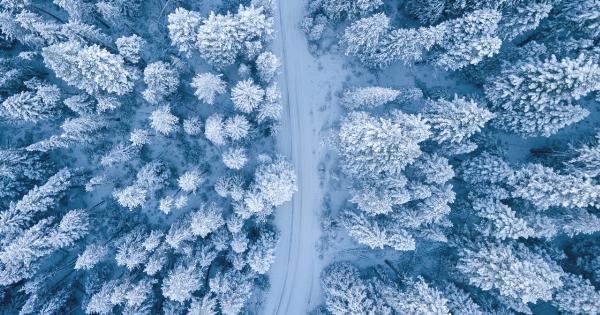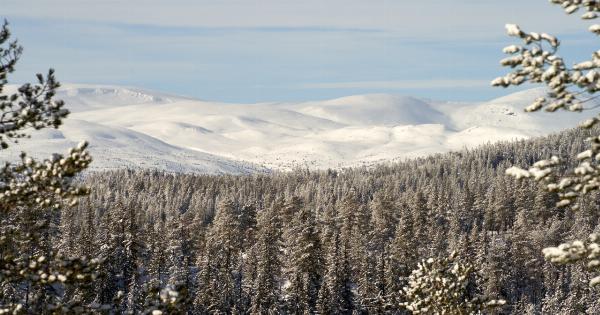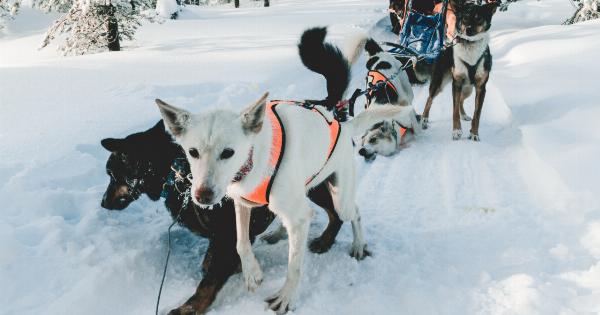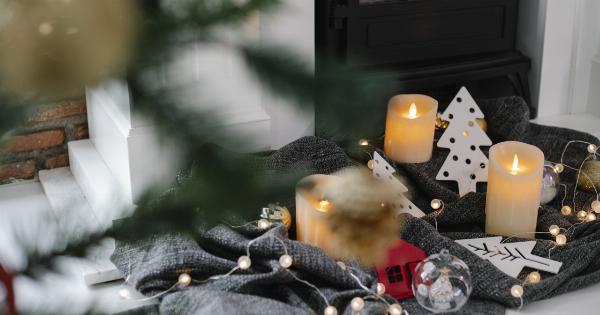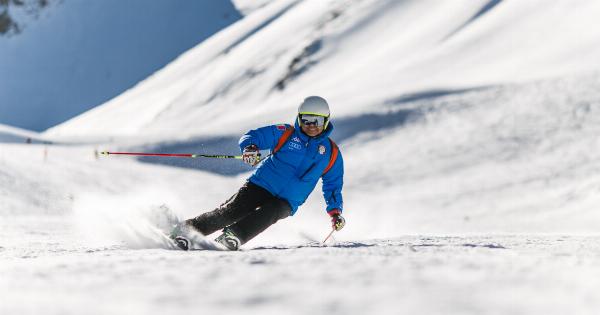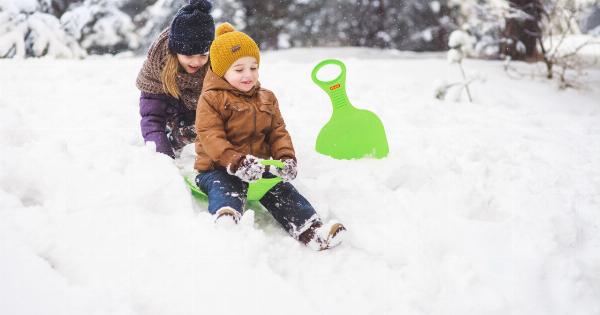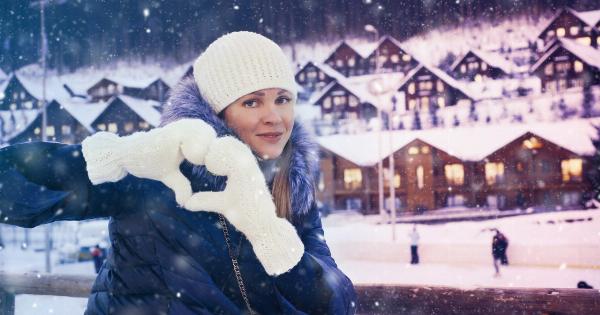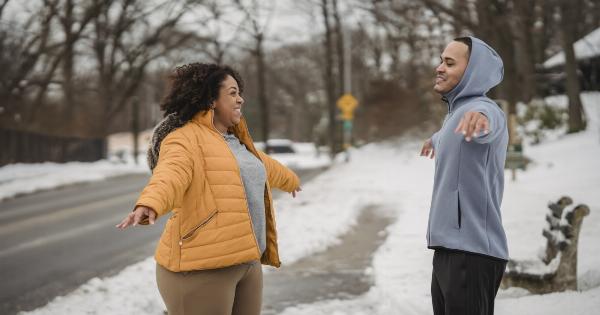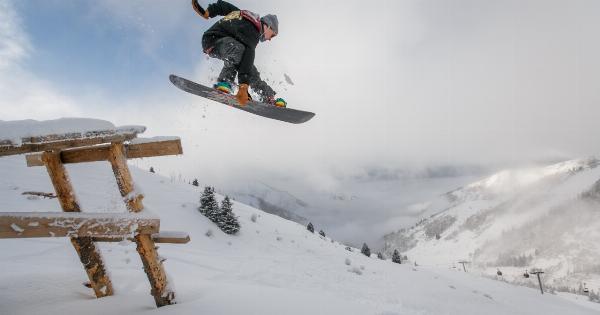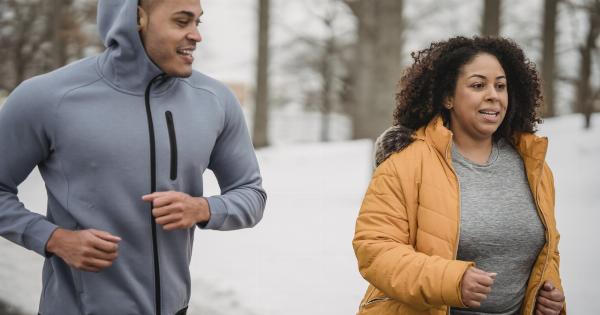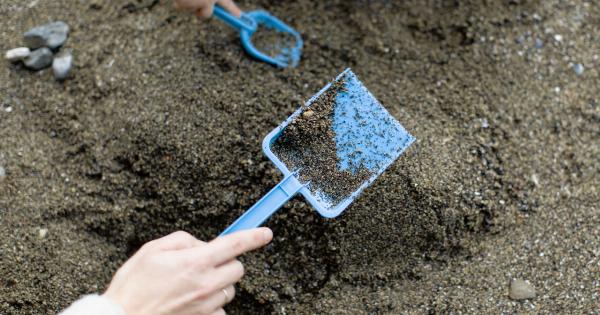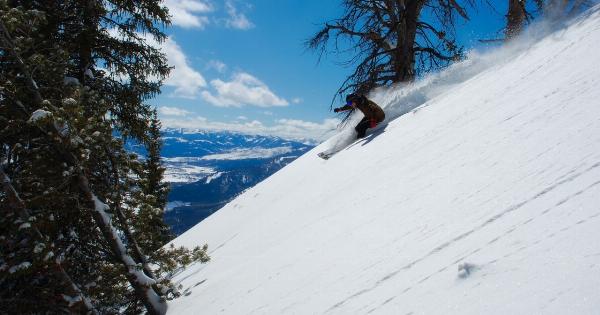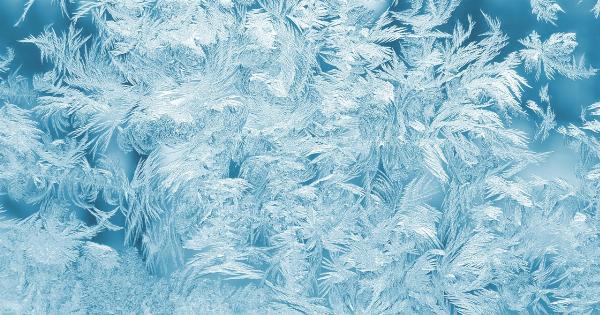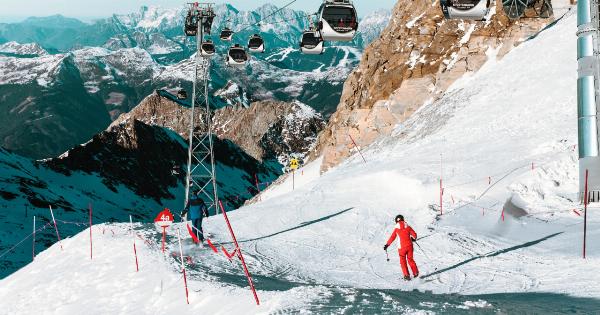Winter tourism, also known as snow tourism, is a popular activity around the world. The winter season offers a variety of outdoor activities, including skiing, snowboarding, ice skating, snowmobiling, and snowshoeing.
Many people enjoy these activities and travel to winter destinations to participate in them. However, it is important to stay safe while enjoying winter tourism.
1. Dress Appropriately
When participating in winter tourism, it is crucial to dress appropriately. Wear waterproof jackets, pants, and gloves to protect yourself from the cold and wet snow.
Wear multiple layers of clothes, so you can adjust your clothing as your body temperature changes throughout the day. Dressing in layers also helps keep you dry and warm.
2. Wear Protective Gear
Protective gear is crucial for winter sports like skiing and snowboarding. Always wear a helmet to protect your head from injury. Goggles or sunglasses will protect your eyes from the sun, glare, and snow.
Wrist guards are also recommended for snowboarders.
3. Stay Hydrated
Drinking water is just as important in the winter as it is in the summer. Skiing and snowboarding can be physically demanding and dehydrate you. Drinking water can also help prevent altitude sickness in high-altitude locations.
Remember to drink water regularly throughout the day and stay hydrated.
4. Be Aware of Frostbite and Hypothermia
Frostbite and hypothermia are two potential dangers of staying outdoors in the winter. Frostbite happens when your skin and tissues freeze due to extreme cold. Signs of frostbite include numbness, tingling, and the skin turning white or blue.
Hypothermia occurs when your body temperature drops below the normal range. Signs of hypothermia include shivering, confusion, drowsiness, and slowed breathing. To prevent these conditions, dress warmly and keep moving. If you notice signs of frostbite or hypothermia, seek warm shelter immediately.
5. Observe the Weather
It is important to keep an eye on the weather forecast during a winter vacation. Plan your activities accordingly and avoid going out during severe weather conditions.
Be cautious of heavy snowfalls, high winds, and low visibility when driving or participating in outdoor activities.
6. Use Proper Equipment
When participating in winter sports, it is essential to use proper equipment. Rent or purchase equipment that fits correctly and is suitable for your skill level. Before using equipment, inspect it to ensure it is in good condition.
Replace equipment that is damaged or shows signs of wear and tear. Using improper or faulty equipment can lead to accidents and injuries.
7. Follow the Rules
Most winter resorts and parks have rules in place to ensure everyone’s safety. Follow these rules while skiing, snowboarding, or participating in any other winter sport. Stay in designated areas and keep an eye out for warning signs and markers.
Ski slowly and always yield to other skiers and snowboarders on the slopes.
8. Take Lessons
If you are new to winter sports, take lessons before hitting the slopes. Proper training and instruction can help prevent accidents and injuries.
Experienced instructors can teach you the basics and provide safety tips.
9. Carry a First Aid Kit
Accidents can happen anywhere, and it is essential to be prepared. Keep a small first aid kit in your backpack while participating in outdoor winter activities.
The kit should include bandages, gauze, antiseptic, and any personal medications you might need. Don’t forget to carry a whistle or signalling device to call for help in case of an emergency.
10. Seek Medical Attention if Needed
In case of an injury during winter tourism, seek medical attention promptly. Even a small injury can worsen in cold conditions and lead to serious complications if not treated.
Look up the nearest medical facilities before your trip and keep the details handy. If you suffer an injury, seek assistance as soon as possible.
Conclusion
Winter tourism can be a fun and exciting experience, but it is essential to stay safe. Remember to dress warmly, stay hydrated, wear protective gear, follow the rules, use proper equipment, and seek medical attention if needed.
Enjoy your winter vacation safely!.

